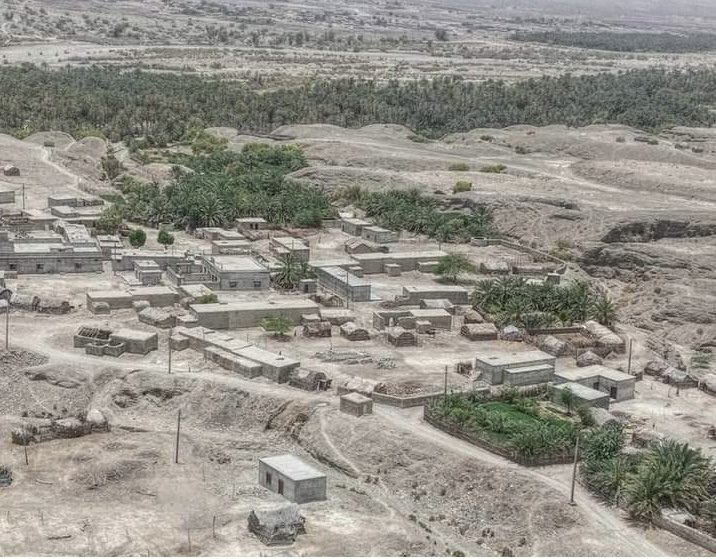Armed men have reportedly attacked a Pakistan Frontier Corps post in the Machh region of Bolan. The attack took place in the evening at a post near the Paneer Station. Reportedly, heavy gunfire was heard, and there are claims of significant casualties among the Pak forces.
Despite these reports, the authorities have remained silent, failing to issue any statement about the incident. The Frontier Corps, which has a notorious reputation for human rights abuses in the region, continues to face mounting resistance from local groups.
Machh and its surrounding areas have long been hotbeds of resistance against Pak Army’s oppression, where Baloch independence groups continue their fight for autonomy. These freedom fighters have repeatedly targeted military posts and installations as part of their struggle against Islamabad’s colonial approach to Balochistan, a region rich in natural resources yet ruthlessly exploited by Pakistan’s military and political elite.
This latest attack follows a major offensive earlier this year. In January, the Baloch Liberation Army (BLA) launched Operation Dara-e-Bolan, during which BLA fighters—including units from the Majeed Brigade, Special Tactical Operations Squad, and Fatah Squad—successfully took control of Machh city for two days. The operation targeted Pak military headquarters, government facilities, and Army posts, delivering a significant blow to the occupying forces.
The Pakistan Army has consistently been inflicting its heavy-handed tactics in POB, including extrajudicial killings, enforced disappearances, and the suppression of every Baloch citizen. Yet, despite Islamabad’s attempts to crush the Baloch independence movement through sheer force, the spirit of resistance remains strong among Baloch fighters who refuse to surrender their land and rights to the Pak military machine.










